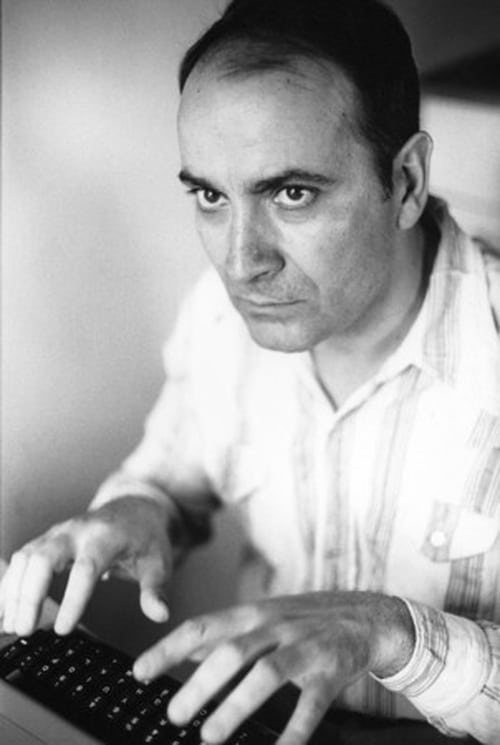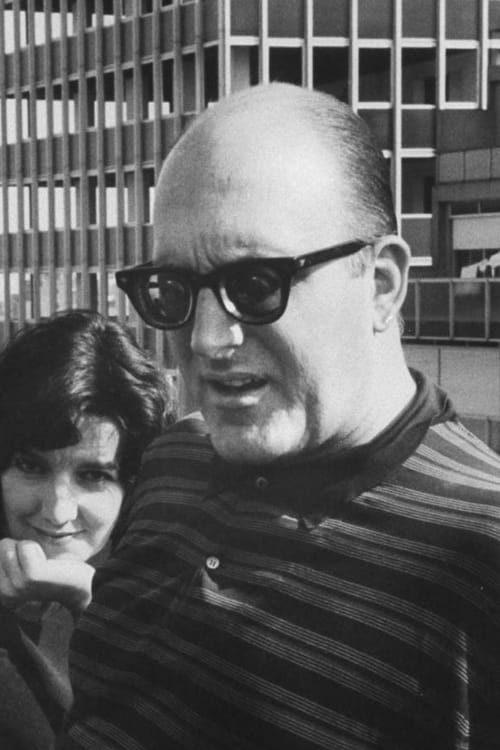Regreso a Coronel Vallejos (2018)
Genre : Documentary
Runtime : 1H 13M
Director : Carlos Castro
Synopsis
A bitter postcard of the town of the Buenos Aires countryside that Argentinean writer Manuel Puig (1932-90) portrayed with singular mastery, based on his own land, a town named General Villegas. Its inhabitants never forgave him. However, a woman, owner of a painful and enigmatic past, will build a bridge between Coronel Vallejos, the town created by Puig, and the real General Villegas, trying to reconcile the place with the writer.
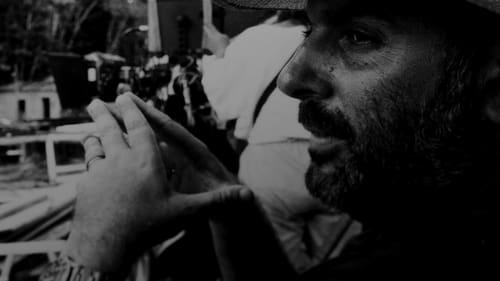
Besieged by cancer and nearing the end, the genius Argentine-Brazilian filmmaker Héctor Babenco (1946-2016) asks Bárbara Paz, his wife, for one last wish: to be the protagonist of his own death.
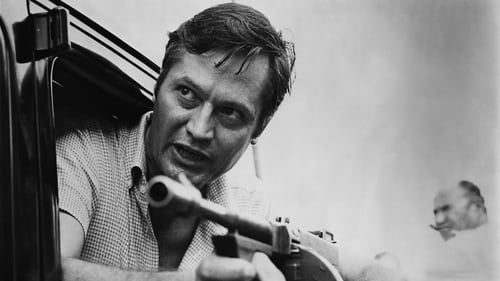
A chronicle of the long career of American filmmaker Roger Corman, the most tenacious and ingenious low-budget producer and director in the US film industry, a pioneer of independent filmmaking and discoverer of new talent.
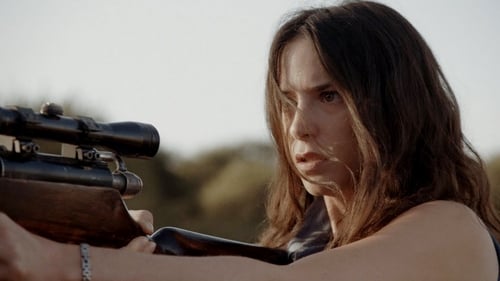
La Pampa, Argentina. María, a teacher in a small town who is about to become a mother, decides to leave her violent husband to raise her child in a better place. A small incident triggers the beginning of her journey through the hostile desert.
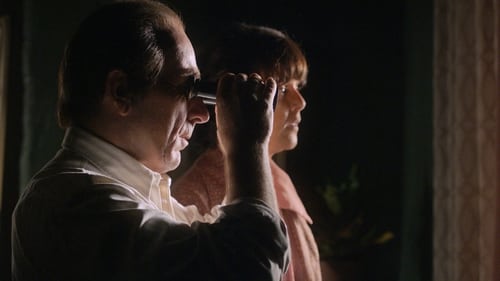
A small village in Huelva, Andalusia, Spain, 1936. Higinio and Rosa have been married only for a few months when the Civil War breaks out. Higinio, being afraid of possible reprisals from the rebel faction, decides to use a hole dug in his own house as a temporary hideout.
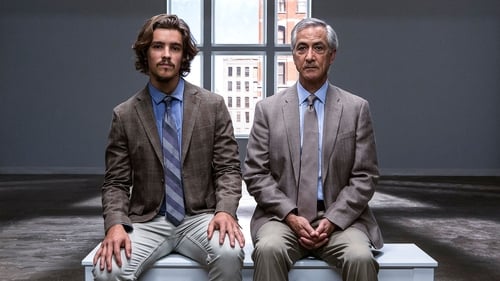
An up-and-coming journalist finds his world and faith increasingly challenged when he's granted the interview of a lifetime – with someone who claims to be God.
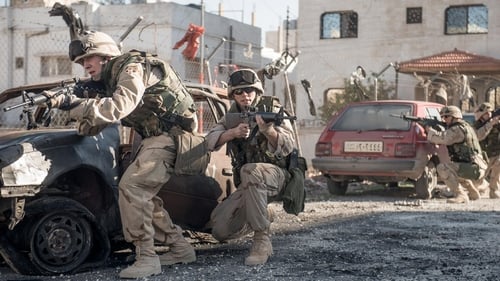
Set during the occupation of Iraq, a squad of U.S. soldiers try to protect a small village.

French Basque Country, year 1609. The men of a small fishing village have gone to sea. Judge Rostegui, who has been charged by the king with ridding the country of the devil's wiles, arrests Ana and her friends and accuses them of witchcraft.
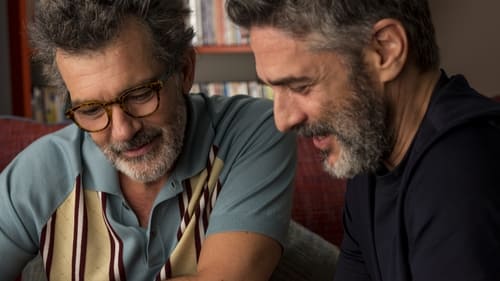
Salvador Mallo, a filmmaker in the twilight of his career, remembers his life: his mother, his lovers, the actors he worked with. The sixties in a small village in Valencia, the eighties in Madrid, the present, when he feels an immeasurable emptiness, facing his mortality, the incapability of continuing filming, the impossibility of separating creation from his own life. The need of narrating his past can be his salvation.
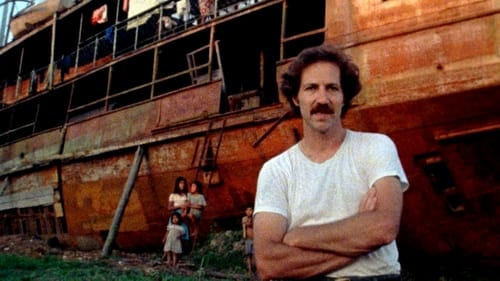
The Amazon rain forest, 1979. The crew of Fitzcarraldo (1982), a film directed by German director Werner Herzog, soon finds itself with problems related to casting, tribal struggles and accidents, among many other setbacks; but nothing compared to dragging a huge steamboat up a mountain, while Herzog embraces the path of a certain madness to make his vision come true.
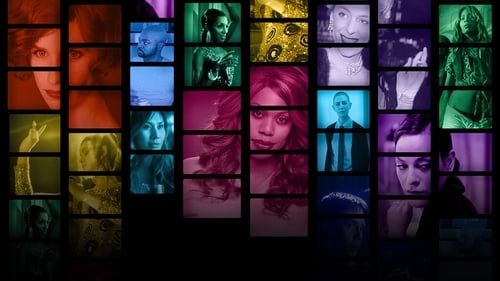
An investigation of how Hollywood's fabled stories have deeply influenced how Americans feel about transgender people, and how transgender people have been taught to feel about themselves.
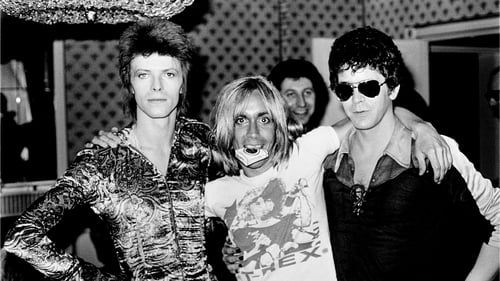
A reckless joyride into the darkest corners of popular music that delves deep into the mind of Mick Rock, the genius photographer who immortalized the seventies and the rise to rock stardom of many legendary musicians.
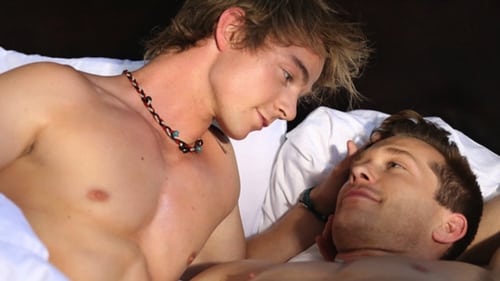
Daniel, a successful TV journalist living life in the fast lane, has fallen into a deep depression. His seemingly perfect life suddenly collapses under him when panic attacks force him to deal with himself and his past.
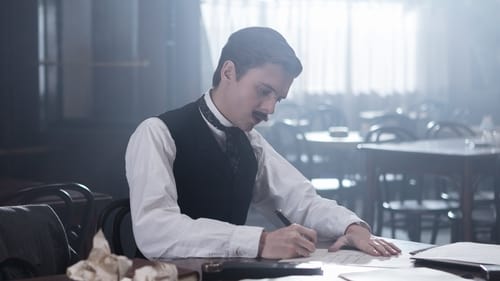
Paris, France, December 1897. The young playwright Edmond Rostand feels like a failure. Inspiration has abandoned him. Married and father of two children, desperate and penniless, he persuades the great actor Constant Coquelin to perform the main role in his new play. But there is a problem: Coquelin wants to premiere it at Christmas and Edmond has not written a single word.
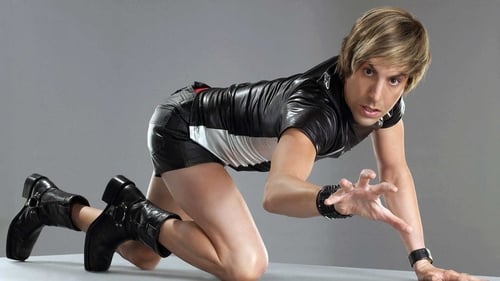
Flamboyantly gay Austrian television reporter Bruno stirs up trouble with unsuspecting guests and large crowds through brutally frank interviews and painfully hilarious public displays of homosexuality.
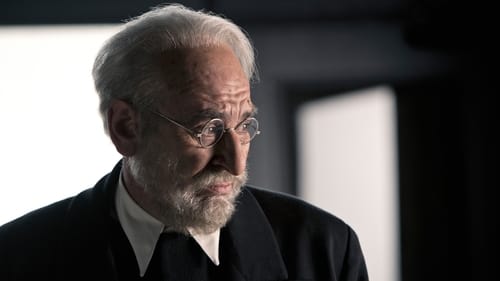
Salamanca, Spain, 1936. In the early days of the military rebellion that began the Spanish Civil War (1936-39), writer Miguel de Unamuno supports the uprising in the hope that the prevailing political chaos will end. But when the confrontation becomes bloody, Unamuno must question his initial position.
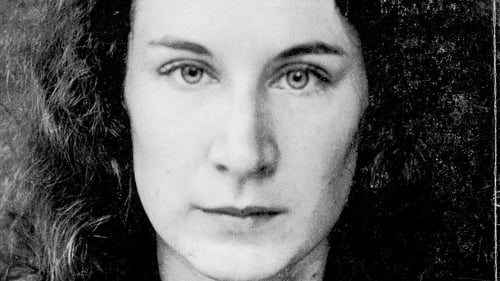
The views and thoughts of Canadian writer Margaret Atwood have never been more relevant than today. Readers turn to her work for answers as they confront the rise of authoritarian leaders, deal with increasingly intrusive technologies, and discuss climate change. Her books are useful as survival tools for hard times. But few know her private life. Who is the woman behind the stories? How does she always seem to know what is coming?
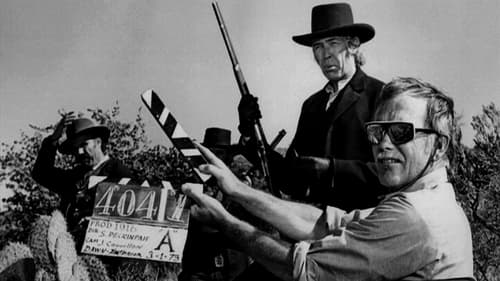
An account of the life and work of American film director Sam Peckinpah (1925-84), a tortured artist whose genius and inner demons changed the Western genre forever.
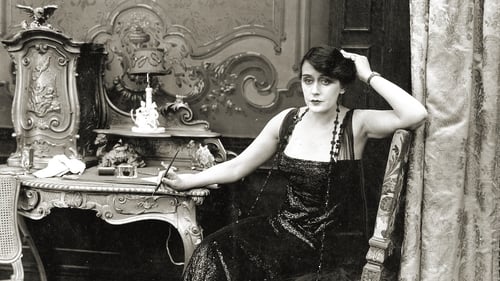
The epic life story of Alice Guy-Blaché (1873–1968), a French screenwriter, director and producer, true pioneer of cinema, the first person who made a narrative fiction film; author of hundreds of movies, but banished from history books. Ignored and forgotten. At last remembered.
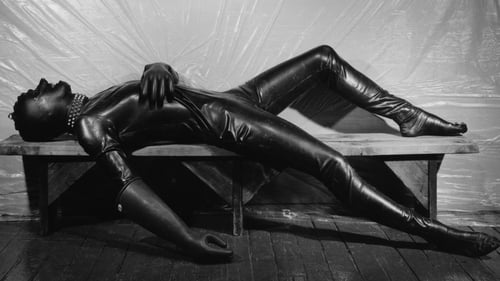
Nude men in rubber suits, close-ups of erections, objects shoved in the most intimate of places—these are photographs taken by Robert Mapplethorpe, known by many as the most controversial photographer of the twentieth century. Openly gay, Mapplethorpe took images of male sex, nudity, and fetish to extremes that resulted in his work still being labelled by some as pornography masquerading as art. But less talked about are the more serene, yet striking portraits of flowers, sculptures, and perfectly framed human forms that are equally pioneering and powerful.
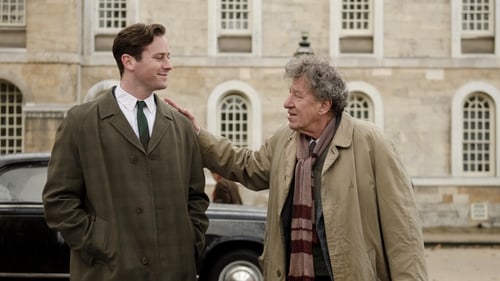
Paris, 1964. The Swiss sculptor and painter Alberto Giacometti, one of the most accomplished and respected artists of his generation, asks his friend, the American writer James Lord, to sit for a portrait, assuring him that it will take no longer than two or three hours, an afternoon at the most.


